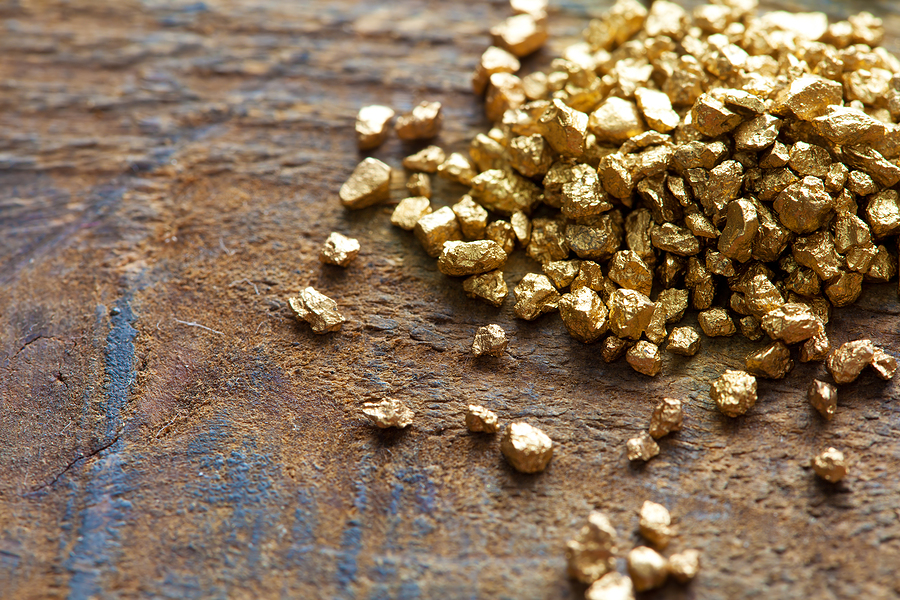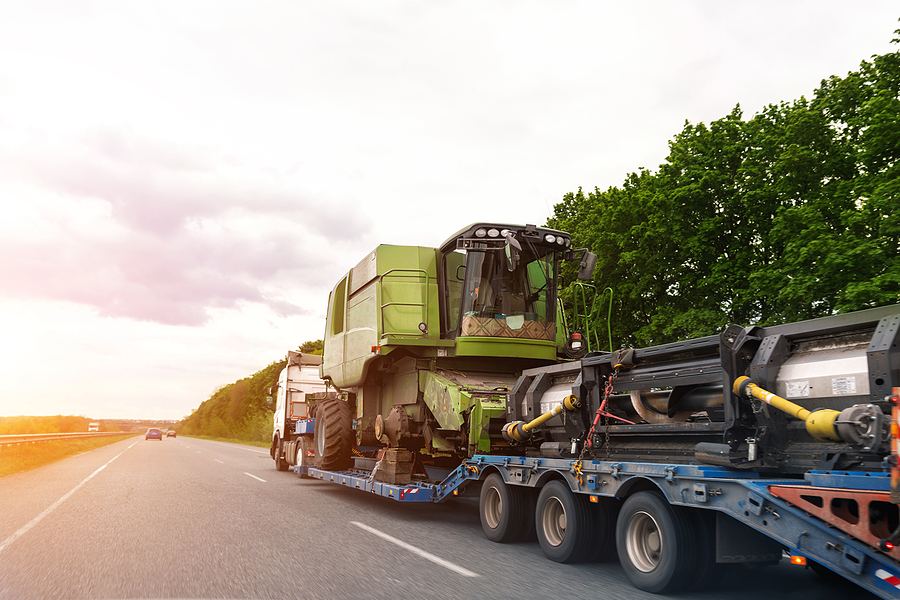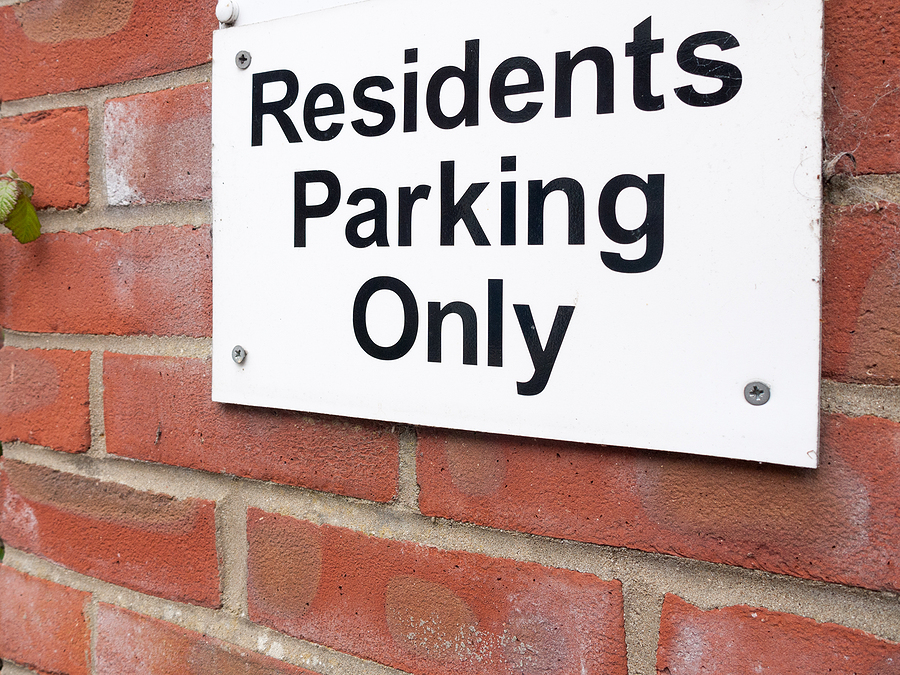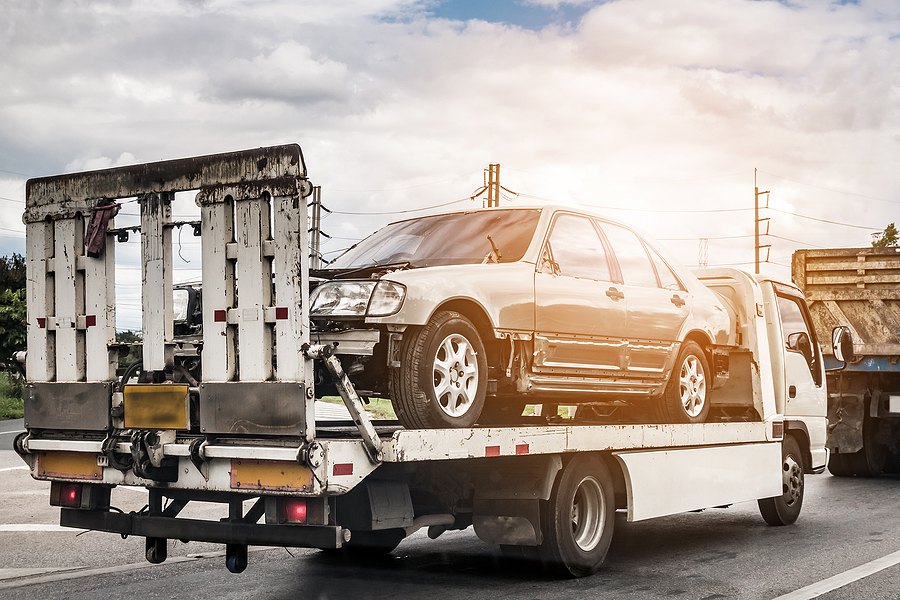Managing a fleet of vehicles or heavy equipment involves complex logistics. One of the most significant challenges is relocating these assets, whether it’s moving vehicles between branches or transferring heavy machinery to a new job site. This process, known as fleet relocation, requires precision, expertise, and a reliable partner. An inefficient move can lead to costly downtime, project delays, and potential damage to your valuable assets.
This guide explores the essentials of professional fleet relocation and heavy equipment transfer. We will cover why a professional towing service is crucial for your business, what factors to consider when choosing a provider, and the benefits you can expect. For fleet managers and business owners in Indiana and the Midwest, understanding these elements is key to ensuring a smooth and efficient relocation process.
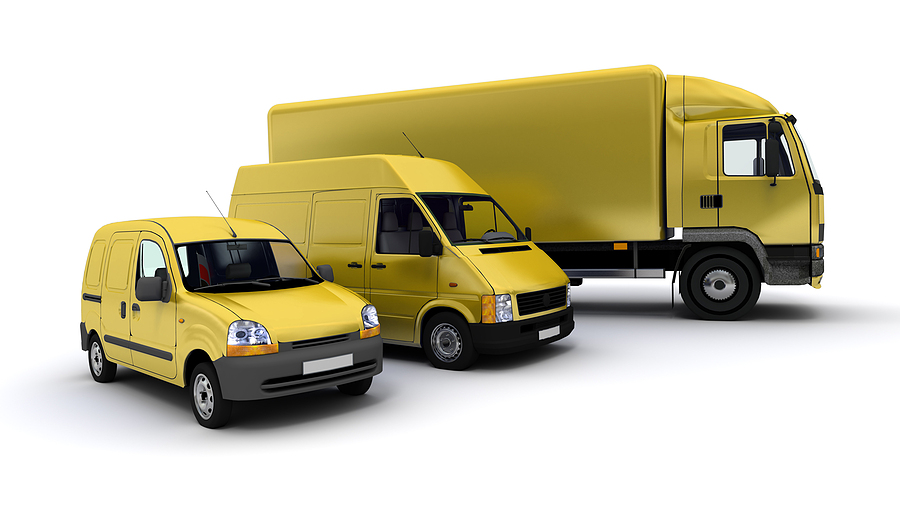
The Importance of Professional Fleet Relocation
Moving multiple vehicles or large-scale machinery isn’t as simple as driving them from one point to another. Fleet relocation involves strategic planning to ensure safety, efficiency, and minimal disruption to your operations. When you have a business to run, managing this intricate process yourself can divert critical resources away from your core activities.
This is where a professional fleet relocation towing service becomes invaluable. These specialized companies have the experience, equipment, and personnel to handle complex moves. They manage everything from route planning and permitting to the safe loading and transport of your assets.
For businesses in the construction, logistics, and corporate sectors, partnering with a professional towing service like Zore’s Indy in Indianapolis ensures that your vehicles and heavy equipment are moved safely and on schedule, protecting your investment and keeping your business on track.
Factors to Consider When Choosing a Towing Service
Selecting the right towing company for your fleet relocation is a critical decision. The provider you choose will be responsible for thousands, or even millions, of dollars worth of equipment. Here are the key factors to evaluate to ensure you make the right choice.
Experience and Specialization
Look for a company with proven experience in fleet relocation and heavy equipment towing. A general towing service may not have the necessary expertise or equipment to handle the unique challenges of moving large fleets or oversized machinery. Verify their track record with similar projects in your industry. An experienced provider will understand the specific requirements for different types of vehicles and equipment, ensuring they are transported correctly.
Equipment and Capability
The right equipment is non-negotiable. A top-tier heavy duty towing service will have a diverse fleet of wreckers, flatbeds, and specialized trailers designed for heavy loads. Ask about the condition and variety of their equipment. State-of-the-art, well-maintained vehicles are a sign of a professional and reliable operation that prioritizes safety.
Licensing, Insurance, and Safety Record
Your assets are valuable, so comprehensive insurance coverage is essential. Verify that the towing company has adequate liability insurance to cover the value of your fleet or equipment. Additionally, check their licensing and safety record. A reputable company will be transparent about its credentials and commitment to safety protocols, giving you peace of mind that your assets are in responsible hands.
Service Area and Availability
For businesses operating in Indiana and the surrounding Midwest region, it’s vital to choose a provider with extensive knowledge of the area. A local Indiana towing service with a broad reach can navigate regional routes efficiently, manage local regulations, and respond quickly to your needs. Confirm their service area and their availability to meet your project timelines.
Transparent Pricing
Pricing for fleet relocation can be complex. A trustworthy partner will provide a clear, detailed, and customized quote with no hidden fees. They should be able to explain their pricing structure, whether it’s based on hourly rates, per-mile charges, or a flat fee for the entire project. Transparent pricing reflects a commitment to honest business practices and helps you budget accurately.
View Our Heavy Equipment Transport Services! 🚜
Benefits of Using a Fleet Relocation Service
Partnering with a dedicated fleet towing service offers numerous advantages that go beyond simply moving vehicles from one place to another.
- Minimized Downtime: Professional services streamline the entire relocation process, ensuring your vehicles and equipment are back in operation as quickly as possible.
- Reduced Risk: Trained personnel using specialized equipment significantly lower the risk of damage during transport. Comprehensive insurance provides a financial safety net.
- Cost-Effectiveness: While there is an upfront cost, professional relocation saves money in the long run by preventing costly damage, avoiding employee-related transport expenses, and reducing administrative burdens.
- Focus on Your Core Business: Outsourcing logistics allows you and your team to concentrate on what you do best—running your business—without being sidetracked by the complexities of a large-scale move.
- Compliance and Permitting Handled: A professional heavy equipment transfer service will manage all necessary permits and ensure compliance with state and federal transportation regulations, saving you time and preventing legal headaches.
What to Expect From the General Towing Process
Understanding the steps involved can help you prepare for a seamless fleet relocation. Here’s a typical overview of the process:
- Initial Consultation and Quote: The process begins with a detailed discussion about your needs. You’ll provide information on the number and type of vehicles or equipment, the origin and destination, and your timeline. Based on this, the towing company will provide a customized quote.
- Strategic Planning: Once you agree to the terms, the provider’s logistics team will develop a comprehensive relocation plan. This includes route planning, scheduling, and coordinating all necessary permits.
- Preparation and Loading: On the scheduled day, a team of trained operators will arrive with the appropriate equipment. They will carefully prepare and load your assets, following strict safety protocols to secure them for transport.
- Transportation: Your fleet or equipment is then transported to the destination. A professional service will provide updates along the way, so you are always informed about the progress of your assets.
- Unloading and Final Inspection: Upon arrival, the team will safely unload your vehicles or machinery. A final inspection is conducted with you to ensure everything has arrived in the same condition it left.
In Summary
Relocating your company’s fleet or heavy equipment is a significant undertaking that requires professional expertise. By partnering with an experienced and reliable fleet relocation towing service, you can ensure the process is handled efficiently, safely, and with minimal disruption to your business. A dedicated partner provides the specialized equipment, logistical planning, and peace of mind needed for a successful move.
If your business in Indiana or the Midwest is planning a relocation, don’t leave it to chance. Contact our professional towing company to discuss your specific needs and receive a customized plan that protects your valuable assets.
Schedule Your Fleet Relocation Today
Related Post: Heavy Equipment Transport Services: Your Complete Guide

